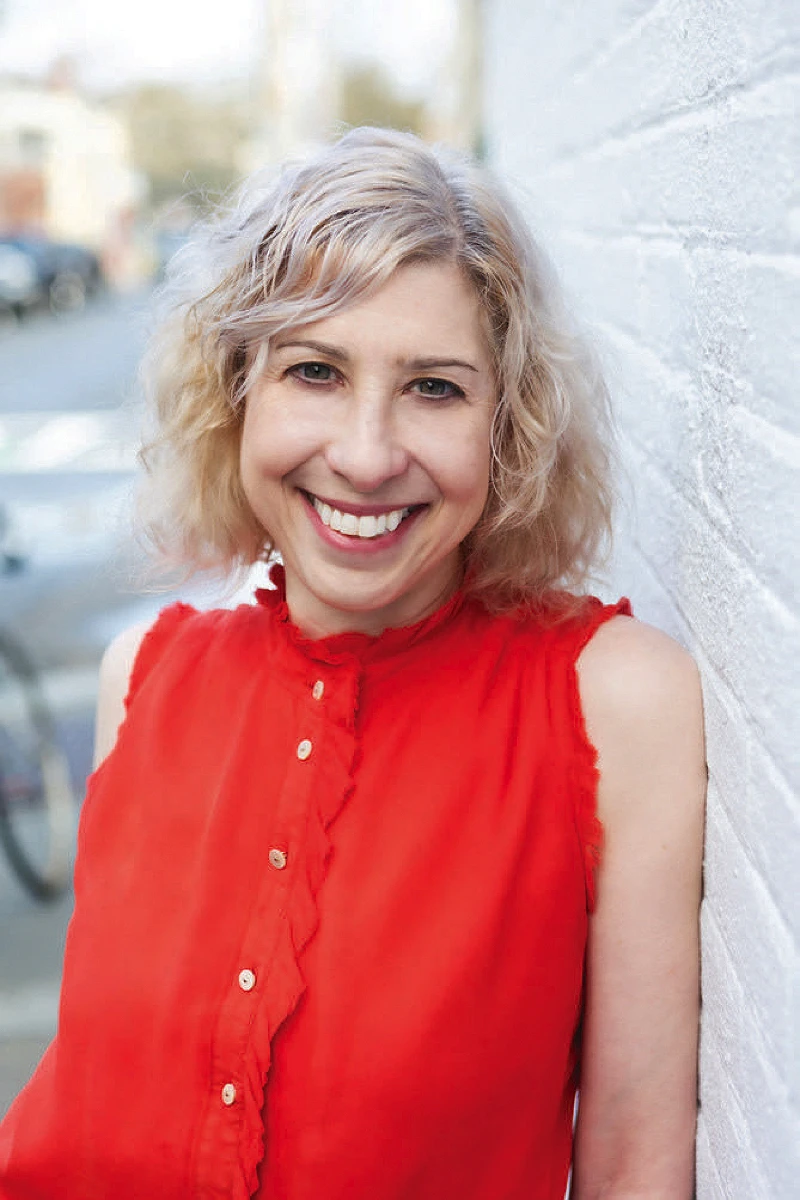When I tell friends that I’ve returned to Harvard, 31 years after graduating from the College, to become the editor of Harvard Magazine, the response is always some permutation of, “What a time to be there.” In truth, it’s always a time at Harvard, but this is the most consequential in my memory, and perhaps in Harvard’s history. It’s the first time in my experience that Harvard has been positioned, in anyone’s mind, as the underdog. It’s the first time the University has faced a seemingly existential threat. And every day seems to bring a new wrinkle in this seesaw of hope, frustration, and self-critique—which is why we’ve devoted many pages in this issue to helping readers understand the context and the consequences of the federal government’s extraordinary actions (See page 22).

And yet, being back on campus, I’ve seen so many things that remind me of Harvard’s permanence. The grass in front of Widener Library is as meticulously cut as always; the familiar rhododendrons are in bloom. The pull to procrastinate, which I felt acutely as a student, is as strong as ever. Harvard Square brings the same experience, with a few updates: Mr. Bartley’s, but with burgers named for Bill Burr and Sabrina Carpenter; a new, charmingly pretentious coffee shop to replace the old charmingly pretentious coffee shop. And the whole campus buzzes with the same potential energy: the sense that, at any moment, you’re likely to be pulled into a fascinating conversation.
Those conversations are what I remember most fondly from my College days. In some ways, the contours of campus debate in the 1990s—when the term of art for the reigning orthodoxy of academic thought was “politically correct,” instead of “woke”—weren’t so different from what we see today, in this ongoing tussle over the boundaries between free expression and hurtful speech. (For a taste of my college life, Google “1992 Harvard Confederate flag” or “Dunster House Kosher toaster.”) I remember heated arguments, tense meetings with faculty, long nights editing Crimson stories that tried to capture the mood. It was challenging, sometimes infuriating, always educational.
The question of how to exchange ideas is at the core of everything a university does, and getting it right is an ongoing project.
Some students, then as now, came to campus with their ideas and politics fully formed. I did not, which was a blessing. I read texts that vexed and excited me; I tested ideas in sprawling discussions. I said things, I’m sure, that I wouldn’t say now and wouldn’t want to attribute to myself years later. This seems to me the crucial difference between my college experience and the pressure students are under today, in the age of social media: the sense of being on record, in the moment and in posterity; the thought that you could be broadly condemned for a single thought or idea, or ostracized from a group you thought shared your values by dint of one topic on which you disagreed. Not only is it scary, but it undercuts the value of an argument. I’ve spent a good portion of my career writing op-ed columns or guiding others to do so, and I always give the same advice to writers: your goal is not to change readers’ minds, but to expand their thinking by inserting an idea that embeds itself in their brains.
That Harvard is grappling with how to exchange ideas is another sign of its permanence. Embedded in every missive, official new program, and even courtroom brief these days is a recognition that this question is at the core of everything a university does, and that getting it right is an ongoing project. Solving the puzzle will not be easy, as my predecessor John Rosenberg always expressed so eloquently—and as Serena Jampel ’25 writes in her thoughtful Undergraduate essay about the limits of Harvard’s “Intellectual Vitality” initiative (see page 14). But Jampel also touches on what makes productive conversation possible: the fact that we’re all on a campus together, walking those same brick sidewalks and passing through those storied iron gates.
That history, like the oddball rituals embedded in Commencement (see The College Pump, page 56), is another thing that makes being on campus such a treat—and that draws people in, and back at reunion season, to be part of an institution that’s even older than the nation. On one of my first days in the 7 Ware Street office, a colleague shared an article by another one of my predecessors, John Bethell, about David McCord, A.B. 1921, A.M. 1922, the longtime executive director of the Harvard Fund. McCord, the onetime editor of Harvard Magazine’s precursor, the Alumni Bulletin, wrote poetry until he died, at age 100, in 1997. One memorable work was called “Man from Emmanuel.” It first ran in The Harvard Lampoon in 1936, on the occasion of the College’s tercentenary:
“Is that you, John Harvard?”
I said to his statue.
“Aye, that’s me,” said John,
“And after you’re gone.”
—Joanna Weiss, Editor





